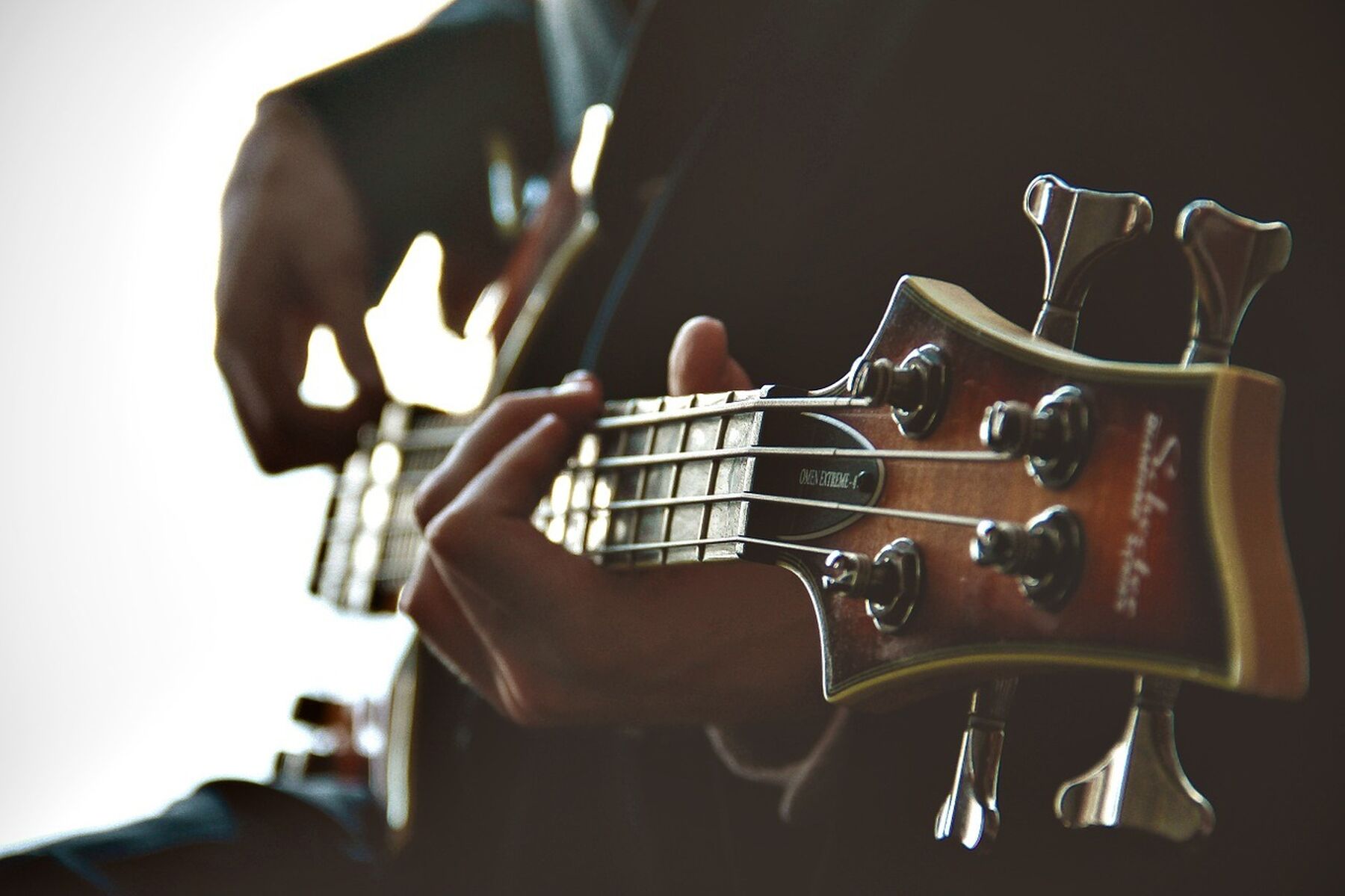Close your eyes. Think about the last time you were so involved in doing something you enjoy that you forgot yourself and sort of became the doing of the thing.
That experience is what Hungarian-American psychologist Mihaly Csikszentmihalyi has called “optimal experience”, or “flow”.
He interviewed more than 8 000 people to find out what makes them fulfilled. What he found is that beyond a point where survival needs are met, and you have some comforts and luxuries, the sense of fulfilment drops off.
What really fulfils us is achieving a goal we want to achieve.
To get there, we often enter a flow state – that experience (it’s more than a feeling) you get when you are so captivated by what you are doing that you lose self-consciousness.
We all have optimum experiences, but some of us have them more often than others. It stands to reason that the more you have them, the more fulfilling your life will be.
So, being aware of what goes into a flow experience can help us work out what it is we need to do to bring a greater sense of personal control of that into our lives.
Here are the three main elements of optimum experience:
Mastering a skill
When the goal we set ourselves – whether it is playing a piece on the piano or climbing a mountain – is within our reach, yet still uncertain, we have to put all our effort into reaching that aim. It is our skill that will influence the outcome and, when we do reach that summit, the sense of mastery gives us a fantastic high.
It helps us feel powerful and in command of our lives, if only for a moment. We have accomplished something we were not sure we could do.
Clear goals and feedback

The flow experience puts us “in the moment”, as we concentrate all our effort on attaining our goal. Also, along the way, smaller triumphs mean we can feel ourselves getting closer and closer to our chosen aim.
It seems that being able to temporarily forget who we are, to give up our self-consciousness, is necessary for building a strong concept of who we are.
Doing as its own reward
We do the things that give us optimum experiences because they are things we want to do. And because flow activities are freely chosen and more intimately related to the sources of what is ultimately meaningful to us, they are indicators of who we are.

Emerging from a flow experience gives us a sense of accomplishment, and can even lead to a slight – or not-so-slight – realigning of our concept of who we are. For example, if I spend the afternoon learning a new song on the piano or the guitar, when I emerge I am now someone who can play that song. Before, I wasn’t.
In a flow experience, we develop our abilities, and that can improve our self-esteem.
A sense of being in command can be quite elusive in life. Many things happen to us that are outside our influence, so capturing moments when we are in control, living by our personally chosen rules, gives us a sense of power and personal meaning.
As Csikszentmihalyi points out, the more experiences we have of being in control, the more confident and powerful we will feel in general. That will improve how we perceive the world and how we feel about ourselves and our place in it.
No life is without setbacks, but there’s a large body of research that shows that the ability to persevere despite obstacles is one of the most important traits for succeeding in life, and for enjoying it.
Finding opportunities to allow ourselves the possibility of entering a flow state will mean that we have more experiences of being in control. The more often we feel in command, the less we will feel at the mercy of what Shakespeare called “the slings and arrows of outrageous fortune”. We will gain in overall confidence, and so be better equipped to ride life’s storms.
